Why Food Lover's Thrives, While Others Struggle
The Matthew Effect in Action: How Small Advantages Become Market Dominance
Major retailers in Zimbabwe are struggling. OK Zimbabwe is in distress. Choppies is out. Others are scaling back.
But one store—Food Lover’s Greendale—is not just surviving. It’s booming. To such an extent that the store is expanding into a much larger location, while others are downsizing.
I partnered with Injecta Analytics to uncover the hidden data behind this growth.
Location, Location, Location
One of the most important elements in retail is location, as it drives foot traffic.
The data below highlights the number of upper-to high-income homes within 2 km of the Honeydew Shopping Centre, where Food Lovers Greendale is situated.
There are approximately 2,089 upper-middle to high-income homes near Food Lovers. This suggests a strong customer base with considerable spending power, which is positive.
However, how does that compare to others?
Below is a comparison of Food Lovers Greendale, which is privately owned, and the other two Food Lovers' Outlets in Harare, which OK Zimbabwe owns.
The data shows that the Avondale branch has marginally more residential properties nearby than Greendale, which may indicate a more favourable location.
The low number of homes nearby in Sam Levy is likely due to the larger property sizes in Borrowdale, which may also indicate slightly higher spending power.
From this, it is not clear that Greendale has a significant advantage, although one trend that may also benefit the location is "densification."
Currently, over 631 cluster units have been built or are being developed in the Greendale area, a trend that is likely to continue.
This means more homes closer to Food Lovers Greendale, which is good for foot traffic.
All these data points suggest that Food Lovers Greendale is in a good location with a growing population and increasing foot traffic, but is location the primary driver of their success?
The data from Injecta Analytics suggests that it's not just location.
While the location is good, there is still a broad variety of options located nearby. Spar, TM PnPay, and Bon Marche all have stores in similar locations. In theory, customers could still choose to visit any of these stores. However, the following data point shows a mind-blowing trend.
Injecta Analytics deployed a team to examine the traffic between 6.30 a.m. and 7.00 p.m., analysing over 8,700 vehicles.
Of the total, a staggering 50% of vehicles (4,340) were headed to Honeydew Shopping Centre, where Food Lovers is the anchor tenant.
One could conclude that despite having competition in the area, Food Lovers is pulling half the traffic.
That's phenomenal.
There must be something else that is driving people to Food Lovers. What is it?
PS: If location insights are important for your business, reach out to Injecta Analytics (info@injectaanalytics.com) who provided the location data for this article.
Well Rounded With An Exceptional Edge
To understand the reasons for Food Lovers' heavy traffic beyond its convenient location, I reviewed the 300 latest Google reviews on its online listing.
I then separated all the keywords and themes. The result was eye-opening.
The data highlights a few things.
Food Lovers seems well-rounded. It is well stocked, the service is good, and prices are reasonable.
But the biggest advantage appears to be on Fresh Food. The theme "Fresh" was the most common by some distance.
Even the references to "Quality" were most likely related to how Fresh the food was. In other words, for Food Lovers, more than half of the happy customers link their satisfaction to the freshness and quality of the food.
This is a massive advantage, especially considering the "Matthew Effect," which often applies to business and market dynamics.
A Columbia University Professor coined the idea of the "Matthew Effect", derived from a verse from the book of Matthew that states: "For to everyone who has, more will be given, and he will have abundance; but from him who does not have, even what he has will be taken away"
In business, the application is this:
If you have a small initial advantage, that advantage can compound to become a big advantage over your competition as time progresses.
Fresh Food could be one of the clearest examples of the Matthew Effect in retail.
The Virtous Cyle
Since Food Lovers is known to offer fresh, high-quality food, customers buy regularly. This quick turnover means food items don't stay on the shelf, allowing frequent restocking.
Frequent restocking simplifies storage and supply chain management, as holding inventory for extended periods is unnecessary. These advantages combine to ensure that Food Lovers can always buy the freshest produce.
Customers who visit Food Lovers find fresh food, reinforcing the belief, and the cycle starts again.
In contrast, competitors have the opposite situation. Their fresh food doesn't match the perceived quality of Food Lovers, resulting in slower sales. This leads to longer shelf lives for items, which means they are not as fresh, reinforcing the initial negative perception.
Over time, it becomes increasingly difficult to compete. Finding areas where you can compound your advantages over time is a powerful strategy for your business.
This "Fresh Food advantage" is similar to what Woolworths Food drove in South Africa.
Woolworths Food was frequently rated as having the best product offering, driven by its high-quality goods and fresh food.
In some sense, this is one of the strengths that has allowed it to stay competitive, as Checkers Sixty60 eats into competitors' market shares (a story for another day).
The other advantage of having Fresh Food as an edge, particularly in Zimbabwe, is that it is one area where the informal market cannot compete.
While most goods, like cleaning supplies, can be purchased from informal channels like tuck shops, fresh food can not. Someone who wants fresh food must visit a formal retailer that maintains proper storage, refrigeration, and standards.
This increases foot traffic and makes it more likely that you will buy other items from the same store. If you are seen as the best at this, you will always attract a lot of high-income traffic.
Where is the Money, What’s the Move?
I believe the core of all good strategy is based on finding ways to make your competition irrelevant. This Food Lover’s case study is a great example. The competition from the informal market is irrelevent when is comes to providing high quality fresh food.
This may also explain why companies like Simbisa Brands are still doing well despite the informalisation of the Economy. If you want Nando’s you can’t choose to go to the informal market, there is no alternative.
On the other hand businesses that operate in spaces where they are forced to compete with the informal market are likely to struggle. Clothing retailers come to mind.
Competing against the informal market solely on price is challenging. You need to find a way to make the informal competition irrelevant e.g. offering credit to customers, something the informal sector doesn’t do as much of.
Putting it all together when identifying opportunities and strategies ask yourself how you can find an offering, product or service that that will make your competition irrelevant.



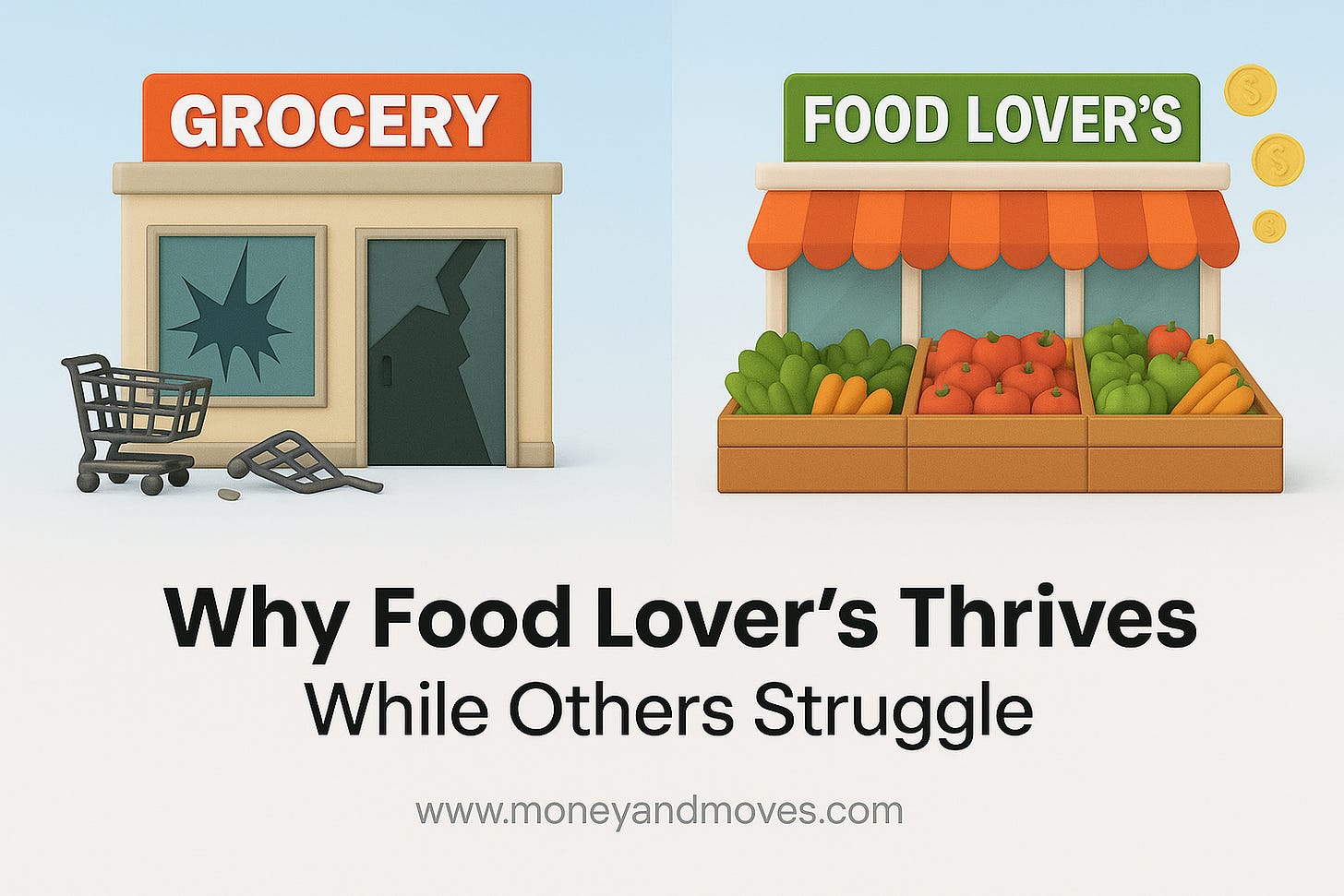

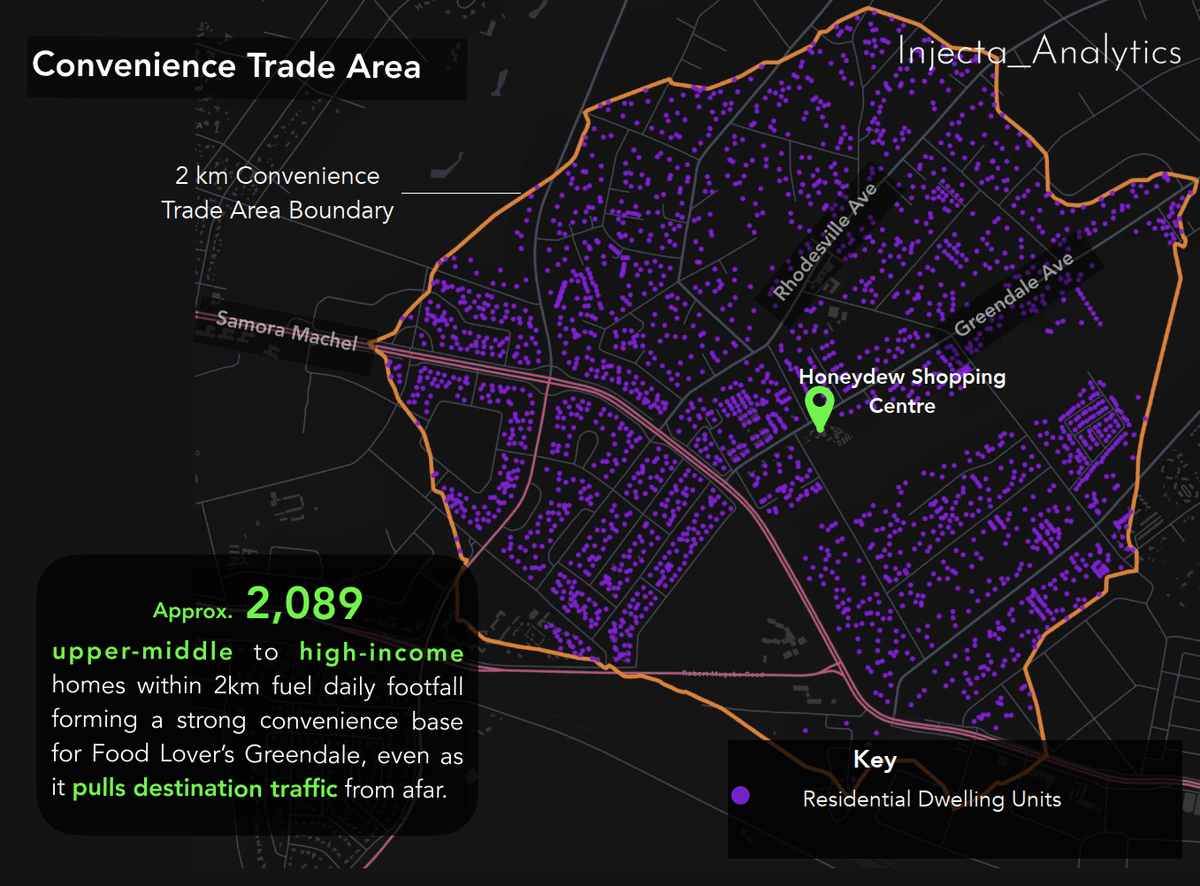
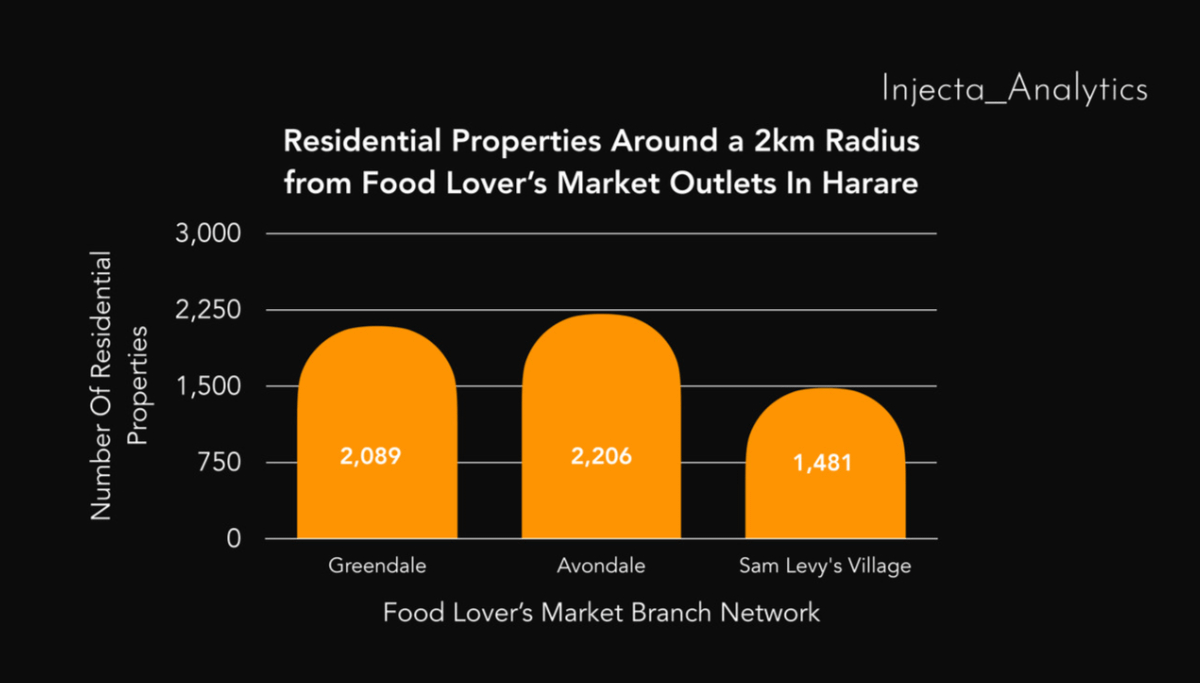
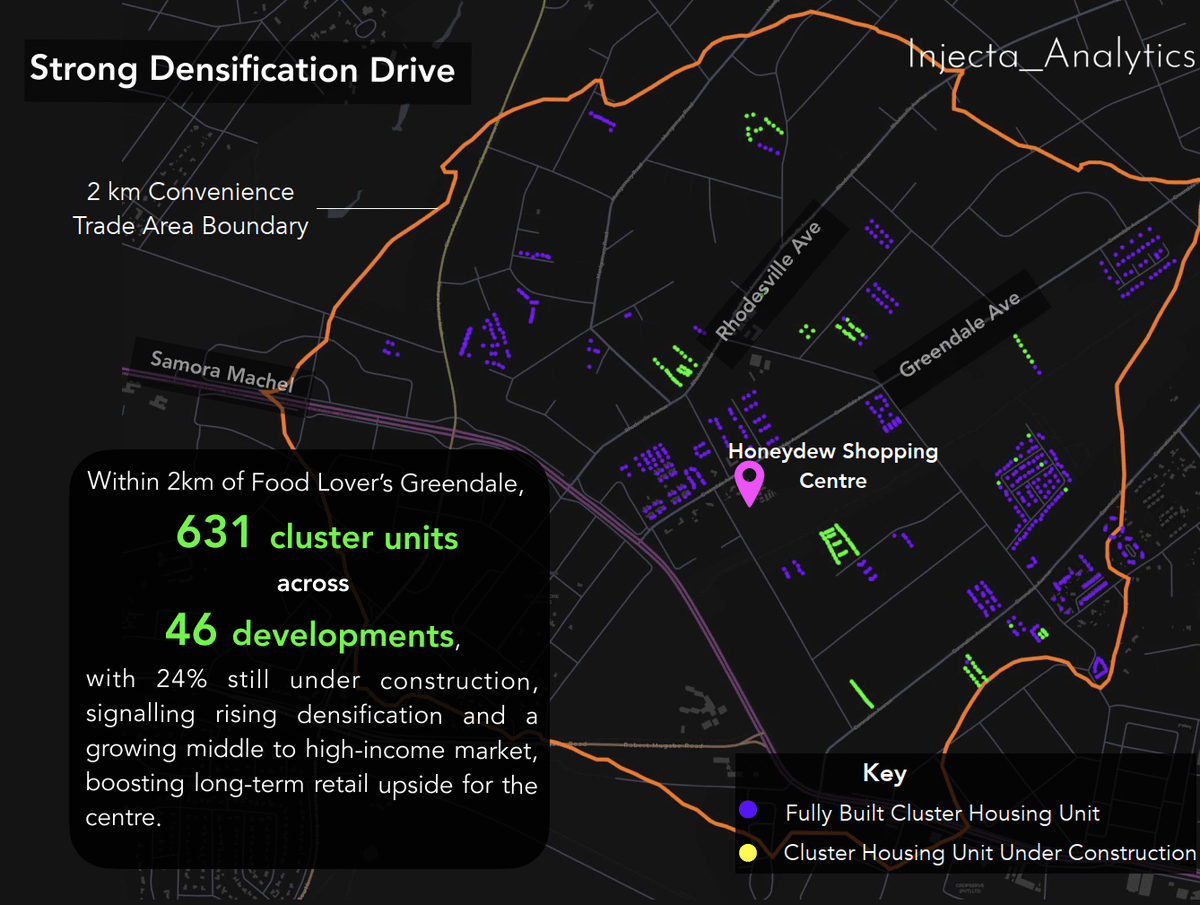

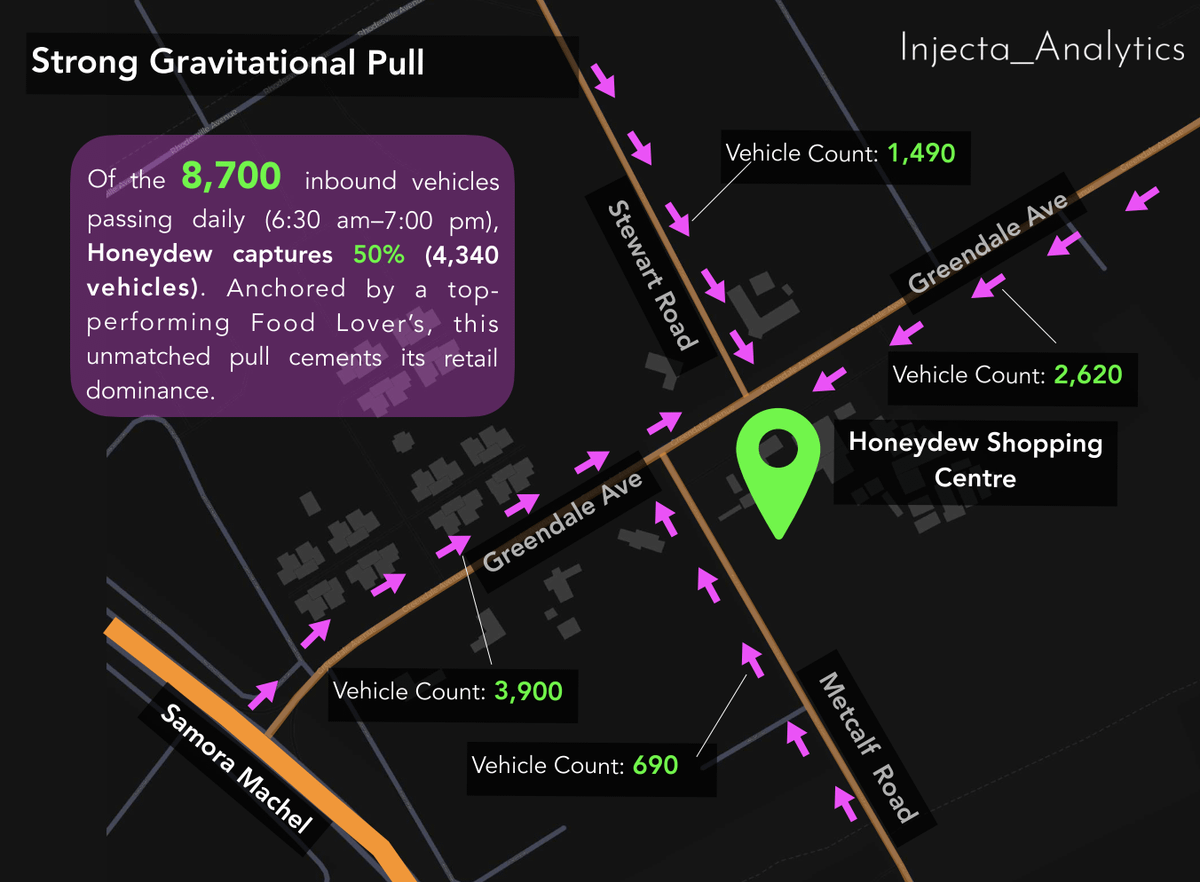
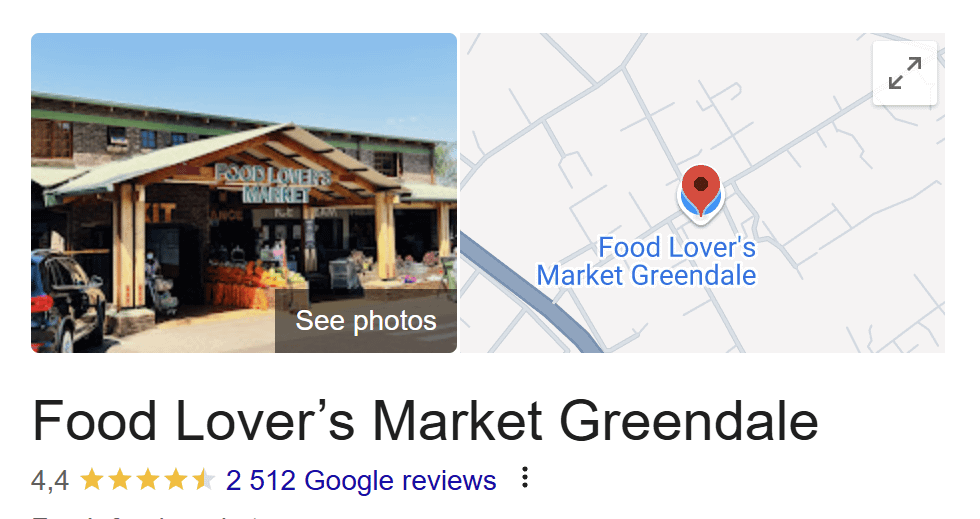
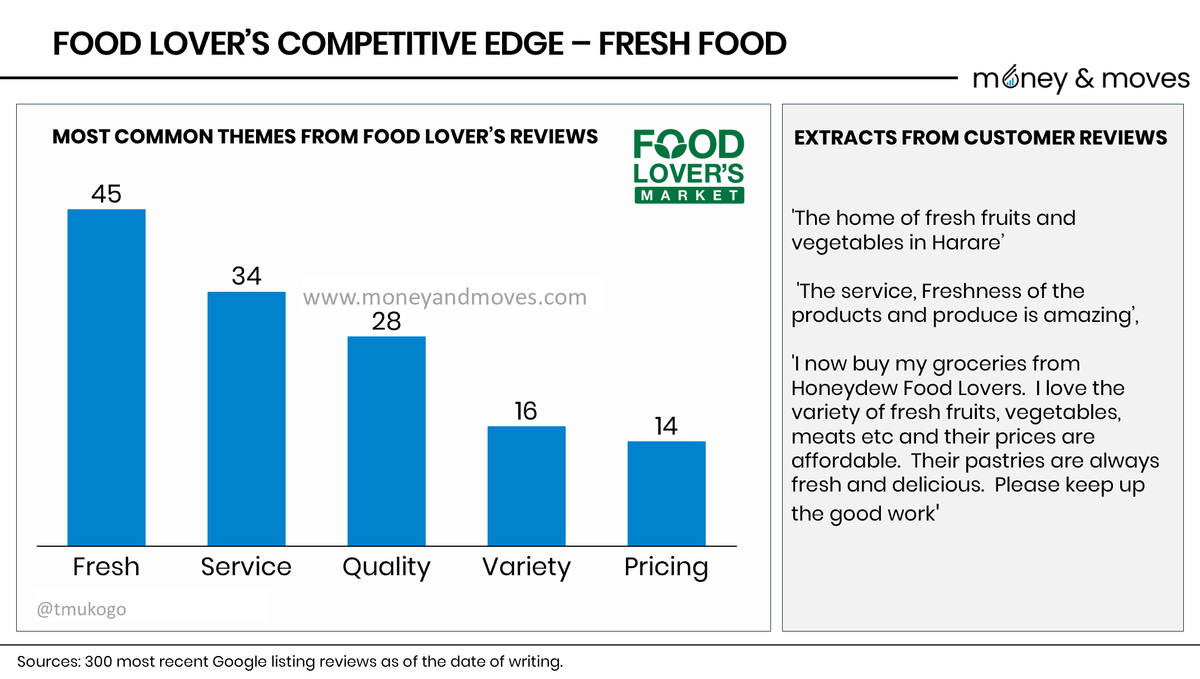
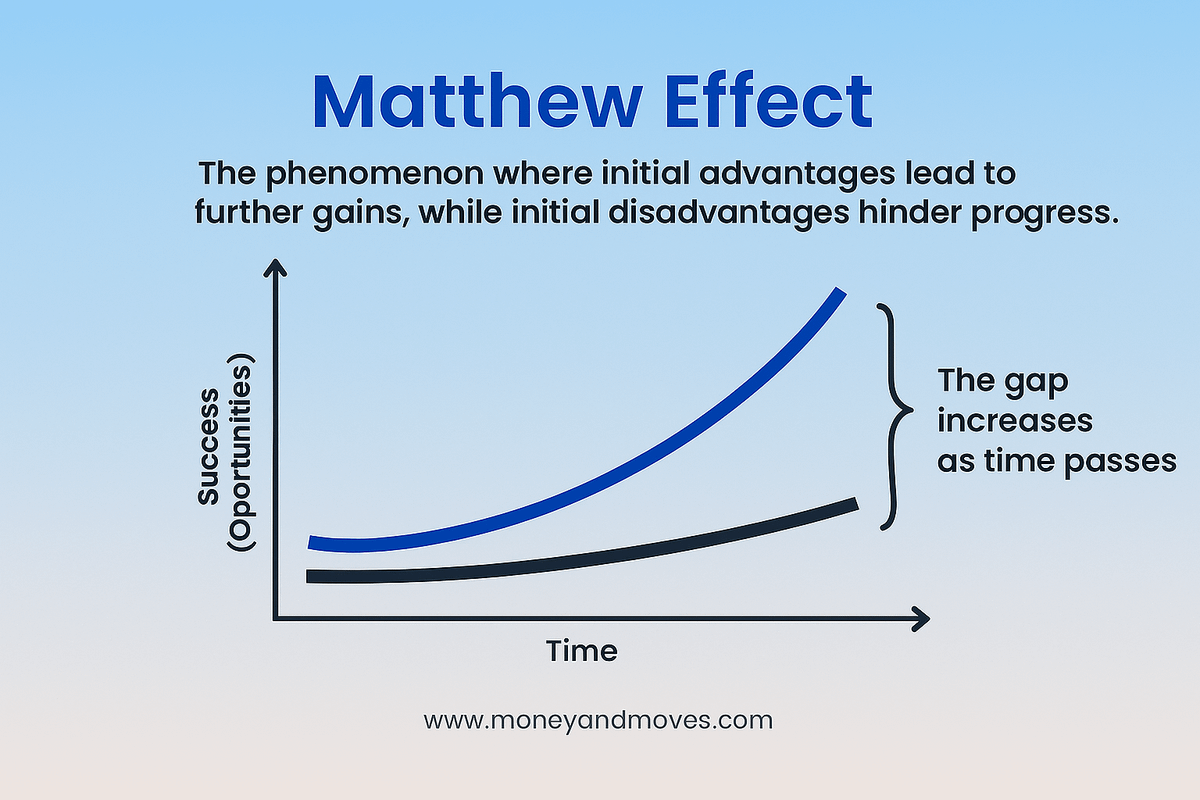

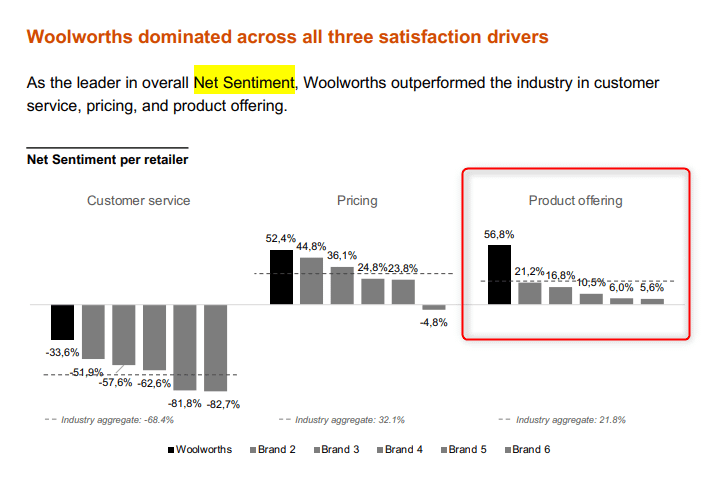
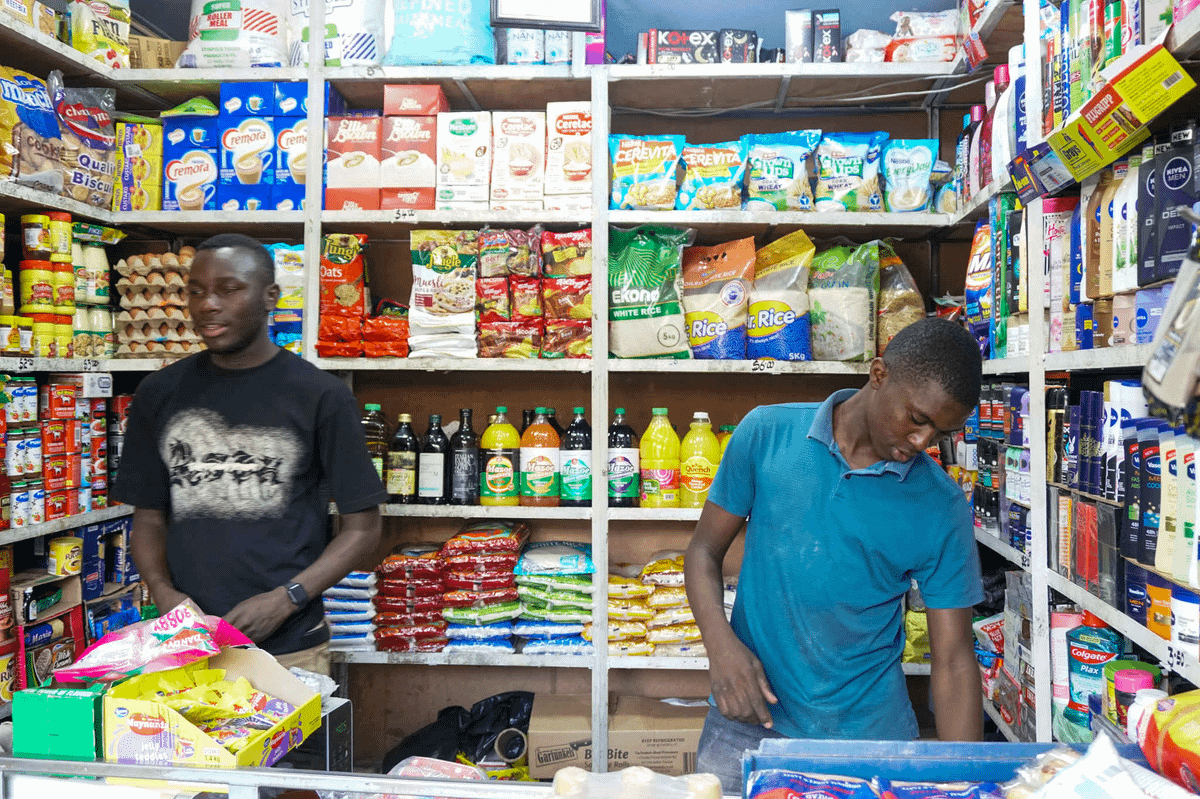
It was gratifying to read this article on Food Lover's Greendale. I got the feeling you get when either your child or a close relative does something good and gets praises, because you know the person for sure deserves those praises.
I am a nutritionist/dietitian, worked in Zimbabwe Ministry of Health (MOH) for 20 years. I am currently finishing my doctorate in health administration in the USA. When I retired from the MOH I went full time farming. By some chance one year I decided to grow eggplants and started supplying three supermarkets including Food Lover's Greendale. I ended up supplying all the eggplants I harvested to Food Lover's Greendale.
They showed appreciation of the quality eggplants I produced. All the staff, on the receiving end and those selling the eggplants in the store, including the customers appreciated the love with which I grew the nutritious purple vegetable. They made me feel like I could spend all my life growing eggplants and more for them.
It is heartening to know that whatever that culture and atmosphere I felt, as a farmer and produce supplier, more than 10 years ago, has continued.
Accolades to all who contribute to that welcoming atmosphere to the suppliers and the customers. Keep it up!!
Judith Mutamba.
That last point about offering credit just might explain why TV Sales is still making sales.